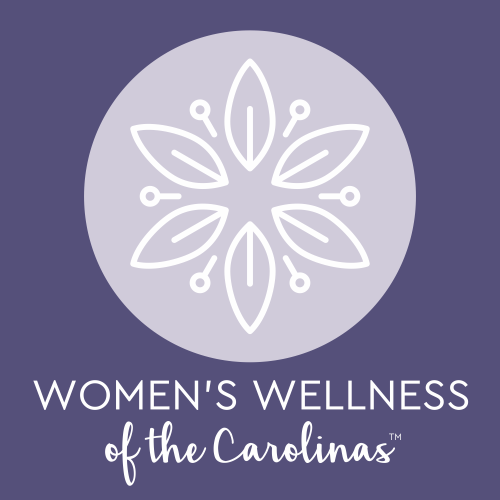Sometimes people look at the criteria for an eating disorder and think that doesn’t fit them necessarily, but struggle with their relationships with food, body, and exercise. This can be a confusing topic, especially considering the world of social media, diet culture, and continual negative self-talk being a way of life. So how do you know if your relationship to these are problematic? The simple answers are having a lack of peace when it comes to these topics, or an obsessive and perfectionistic quality to managing them, having a strong desire to be in control, or even inability to control how much time, energy, and thought you put into your food, body, or exercise.
Disordered Relationships with Food
A disordered relationship with food often stems from chronic dieting, labeling food as good or bad, and putting rules on when you can eat certain foods. This could look like allowing specific foods only on cheat days, following the latest diet craze, seeing foods with values about yourself when you eat them (guilt, remorse, doing bad/good, not having enough willpower), or being rigid or inflexible when it comes to food. What this looks like to other people in your life: Needing to be in control over choices of restaurants, grocery shopping, cooking, getting really upset and angry when plans involving food get changed, and nonstop conversation related to what, how, when of your last or next meal.
Compulsive Exercise (Exercise Addiction)
People can also have a dysfunctional relationship with exercise. You can take something that can be fundamentally good for your mind and body and turn it into something with a lot of “should” and “have to’s” and turn it into a chore or even more troubling something harmful to your body. Exercise is intended to help manage stress, alleviate chronic conditions, increase confidence, and provide a sense of wellbeing, but when there is an obsessive quality to it, it can leave your body and mind being depleted.
Body Dysmorphia
Body dysmorphia is an overall dissatisfaction with your body coupled with low self-esteem, leaving many people feeling critical of their body. You can find yourself spending an extraordinary amount of time thinking about your size, weight, and criticizing body parts you don’t like over and over. Comparison becomes a norm and you find yourself at the loosing end of each social media check, TV or magazine, or just with your own day to day interactions with others.
So, how do you stop this? Most of my work gleans from the Principles of Intuitive Eating and how to apply them to your life. The purpose is to finally make peace with food, mind, and body. The end goal is to finding joy again with food, have an overall sense of balance and well-being with your body, nourishing yourself in a self-caring way, and not allowing food, exercise, and negative body talk to consume you.
Schedule an appointment with me today and we can work through the thoughts and feelings that are keeping you stuck. Let’s heal the relationship with food, body, and exercise, let’s reduce the chaos a noise that takes over such a large part of your mind, and most importantly let’s make food part of your life, not your whole life.
Treatment for Exercise Addiction, Body Dysmorphia, & More in Huntersville
Women’s Wellness of the Carolinas provides treatment for disordered relationships with food, exercise, and more from Huntersville near Charlotte, NC. We also serve Cornelius, Davidson and the surrounding North Charlotte area.
